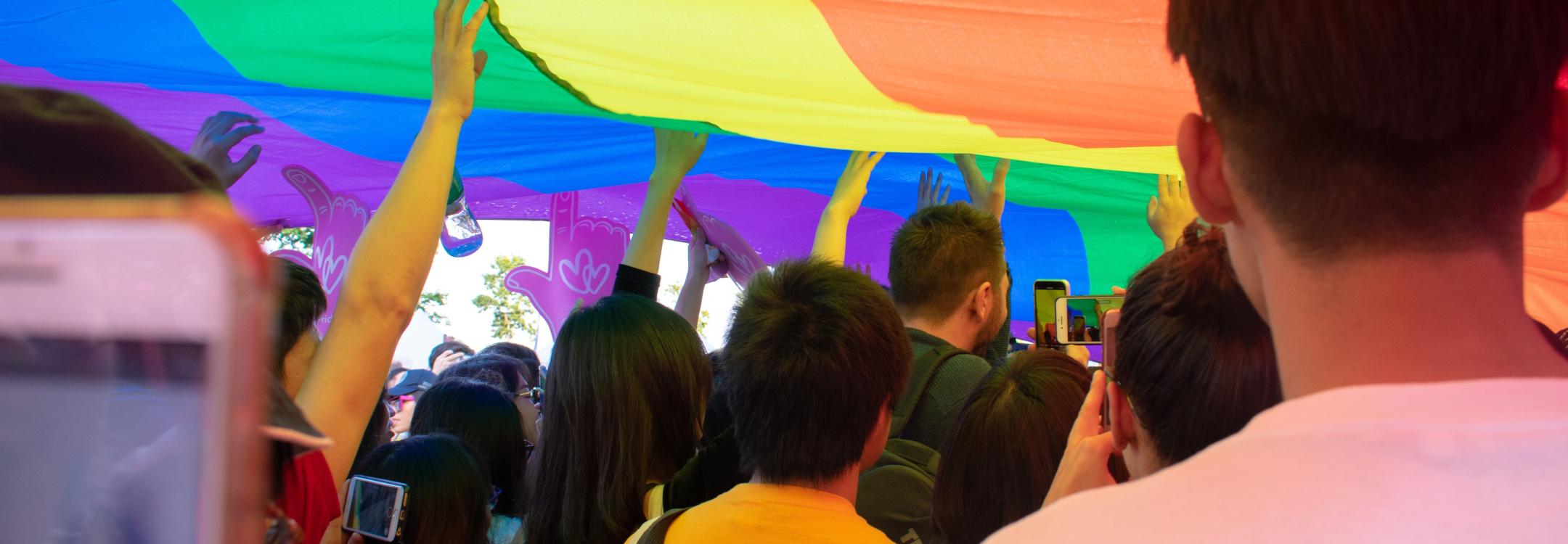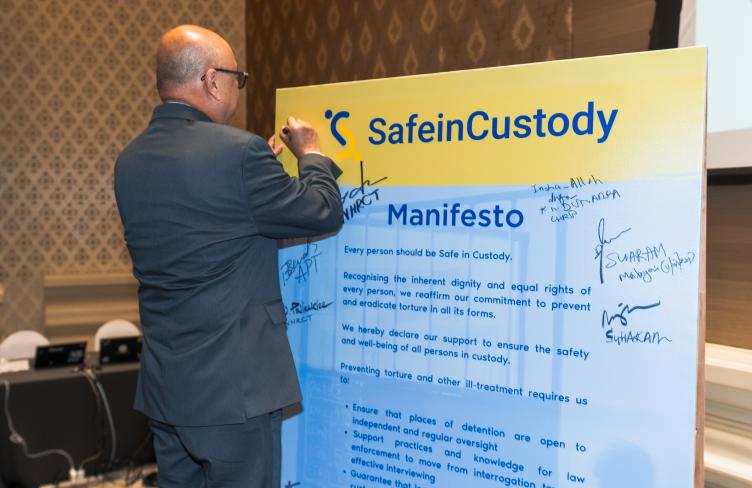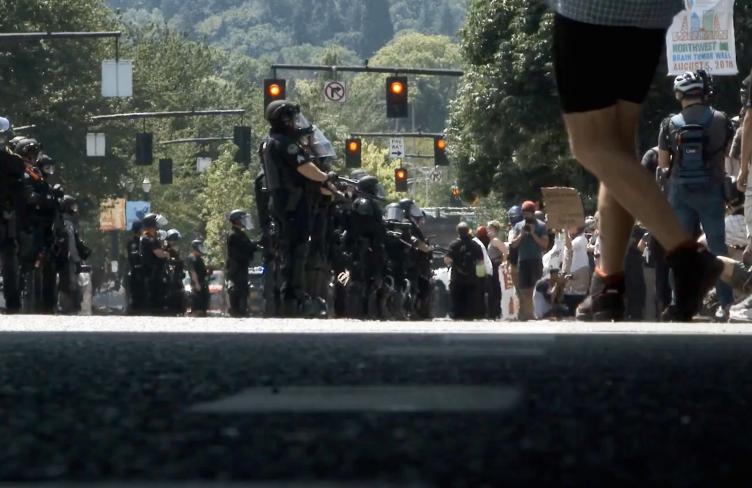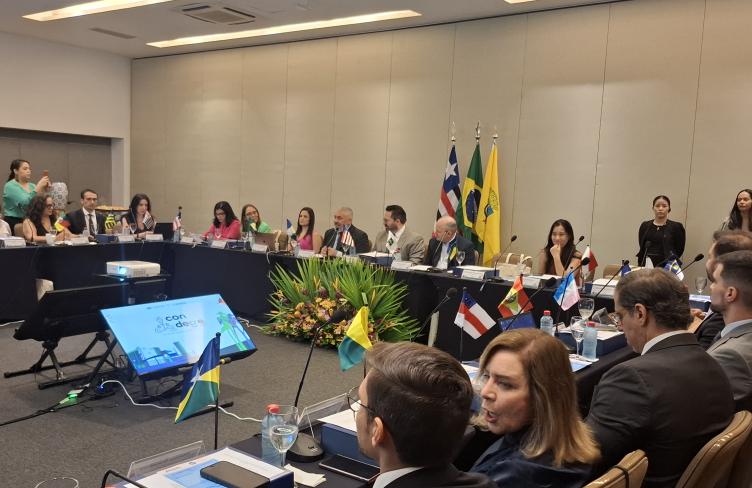
Today is the International Day against Homophobia, Biphobia and Transphobia. Lesbian, gay, bisexual, transgender and intersex (LGBTI) persons are constantly exposed to violence and targeted attacks because of their sexual orientation and/or gender identity.
In a recent report, the Inter-American Commission on Human Rights noted that 594 murders of LGBTI people (or perceived to be LGBTI) had been registered between January 2013 and March 2014 in the Americas. The Inter-America Commission also expressed concern about the high number of cases of police abuse, such as acts of torture or inhuman and degrading treatment, as well as verbal and physical attacks. There are many known cases of assault committed by state officials on the streets, at the time of arrest and afterwards, in custody or during detention. Therefore, it is important to safeguard the dignity and physical integrity of all persons no matter their sexual orientation and/or gender identities throughout the process of detention.
So where does the problem really start? LGBTI people encounter not only social discrimination, but also institutional discrimination. In detention, many commendable efforts have been made to protect their rights, but this is not enough. There are still, for example, extremely high rate of arrests amongst members of the LGBTI community.
While the work done to prevent abuse in the context of deprivation of liberty is important, it is just as important to analyse the causes of violence and institutional discrimination. One problem lies in understanding the different characteristics and specificities of people who identify as LGBTI. Transgender people are for example one of the groups most affected by the lack of legal recognition of their identity.
Non-recognition of social identities
Activists have repeatedly called for the establishment and implementation of gender identity laws in different Latin American States. The non-recognition of the social identities of transgender persons hinders their access to education and to employment. They often suffer from harassment in schools, and since their gender identity is not recognized they are forced to dress and act according to what is considered socially appropriate for their biological sex, based on heteronormative criteria. This leads to higher levels of dropout and illiteracy - as well as unequal employment opportunities. As a consequence, many transgender persons are forced to earn a living in illegal or unregulated professions, such as sex work, where they are further exposed to physical and psychological risks of exploitation, discrimination, police abuse, etc.
Transgender persons also have less access to social security systems and are exposed to prejudices within the system, and in all contacts with officials. This condemns these individuals to a situation of absolute vulnerability during arrests, with constant abuse and harassment.
Urgent need for reform
There is an urgent need for reform, new policies, training and awareness raising to put an end to discrimination on the basis of gender identity and sexual orientation. The system for monitoring and protecting the rights of persons deprived of liberty needs to take into account the specific needs and vulnerabilities of all people, regardless of their sexual orientation or gender identity. Also, as many of the activist organisations fighting for the rights of the LGBTI community are pleading for, a legal system that protects them and integrates them into society. Such a system of social justice for sexual diversity in the region is essential and would, with the words of the Inter-American Commission, ensure that "that LGBTI people can effectively enjoy the right to a life free from violence and discrimination".
Anna Sanchis has a Bachelor’s degree in Political Science from the University of Geneva, Switzerland. She also earned a Masters in International Development from the Polytechnic University in Valencia. She has recently completed a 7-month internship with APT’s regional office in Panama.
Photo: Marcha por la Igualdad y por una ley de identidad de género (Movilh 2015)


